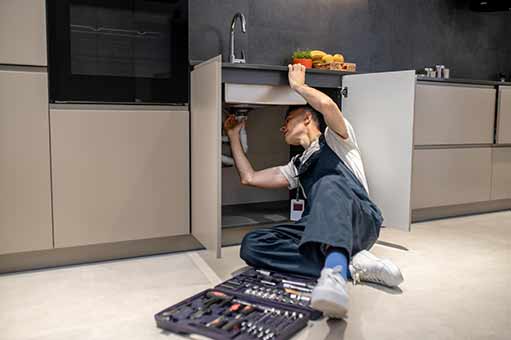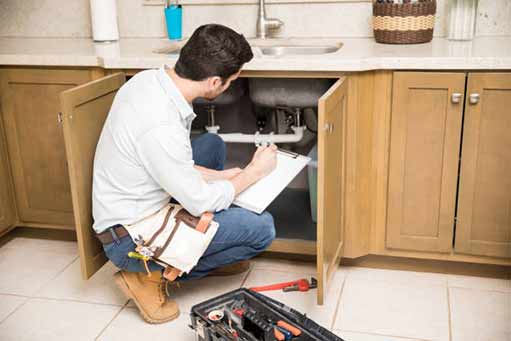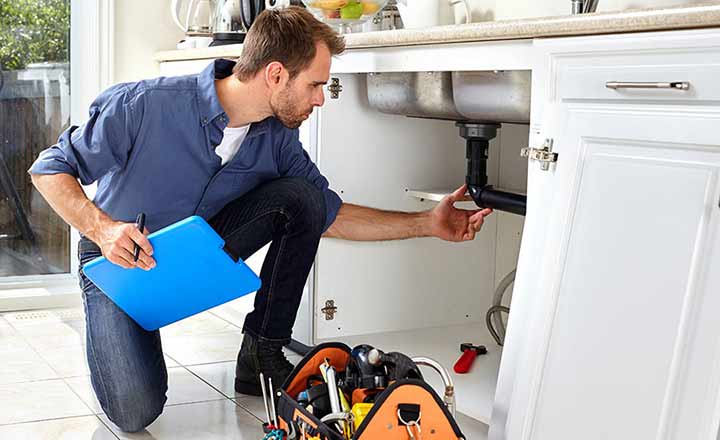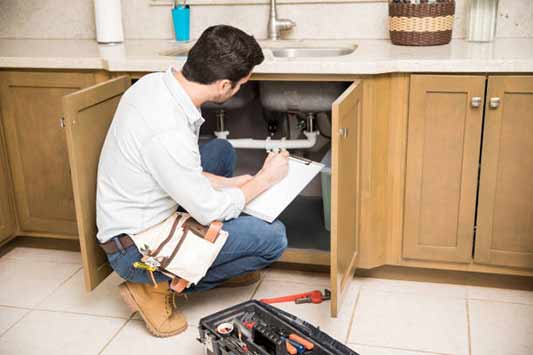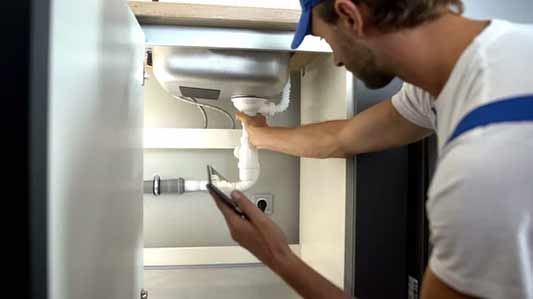
Buying a home may be one of the scariest things you will ever do, says BHB Management.
For first-timers, the entire process can feel like a huge cat-and-mouse game between sellers, buyers and estate agents, to see who will outfox the other.
As a buyer, if you have no experience with buildings, it can be hard to wade through the marketing noise to find the truth about a home you are trying to buy.
That is why home inspections are essential for buyers and they have become almost a mandatory part of the home-buying process.
The home inspection is when a neutral third party– a professional home inspector – is hired to inspect a home and give the buyer an objective assessment of the building’s condition.
Home inspectors check the following areas of a property that is for sale:
- The home’s primary systems; HVAC, electrical, and plumbing fixtures.
- The mechanical features: doors, windows, roofs, etc.
- The main structural components; roof, flooring, foundations and walls.
- The major spaces; crawlspaces, attics, outdoor areas, etc.
- Exterior features; downspouts, windows, gutters, landscaping, etc.
Home inspections help buyers make informed decisions when negotiating for a property. They can avoid overpaying for their home or buying a problematic building.
Yet home inspections have a few serious shortcomings. A home inspector will not inspect any part of the house that is invisible or inaccessible.
Also, they will not inspect features that require licensing or special training equipment. One of the areas of a home the home inspector will not check is the plumbing.
What does this mean for you as a buyer?
It means you can end up buying a home with serious plumbing issues even after the property has been given a pass mark by a licensed home inspector.
That is a huge problem because plumbing issues can have a severe impact on the structures of a building. They tend to persist and often cost more money to fix.
How do you get around this problem?
The best way is to have a qualified plumber do a detailed plumbing inspection before you enter into a binding purchase and sale agreement with the owner.
Why is this so important?

Buyers can use the plumbing inspection report to negotiate a lower sales price for the home.
The value of plumbing inspections when buying a home
Identify hidden problems
Some of a home’s plumbing issues require the experienced eyes of a professional plumber to detect them. Some things are viewed as minor issues by a home inspector but can become major problems.
Prevent avoidable future expenses
Plumbing malfunctions are some of the most damaging problems in a home. Fixing them also costs more money. Examples of the kind of plumbing issues that homebuyers should avoid by all means include:
- Severe corrosion in pipes and other plumbing fixtures.
- Undetected leaks that can result in extensive water damage.
- Outdated water pipes or sewer lines that need replacement.
- Sewer line issues such as blockages and broken or collapsed sections.
- Malfunctioning water heaters that need to be replaced.
Useful as a negotiating tool
Buyers can use the plumbing inspection report to negotiate a lower sales price for the home. They can also use it to extract concessions from the seller or get the owner to fix the damaged sections of the plumbing before the home’s sale can be finalized.
Valuable for planning
If the plumbing inspection uncovers major issues in the plumbing buyers can still decide to go ahead with the purchase. But they will do so knowing what they are getting into and they can make plans to fix those plumbing problems.
Peace of mind
Because plumbing inspections introduce transparency into the negotiations, buyers will have peace of mind going into the purchase. They will know they have eliminated, or at least minimized, the risk of nasty surprises down the road.
How much does a plumbing inspection cost in Chicago?
The cost will vary based on several factors, but generally, you can expect to pay between $150 and $500. Plumbing inspection costs in Chicago are influenced by the location of the home, the size of the plumbing system and whether additional services will be provided.
When choosing a plumber for your plumbing inspection, make sure it is a licensed and reputable company. The company should be willing to sign a written contract with you. You may also want to see a sample of the plumbing inspection report by the same company.
The sample report will give you an idea of what to expect from the plumber. Do not forget to check if the report’s content is easy to understand. Lastly, ensure you compare the company’s quotation with what other plumbers in the area are offering.

